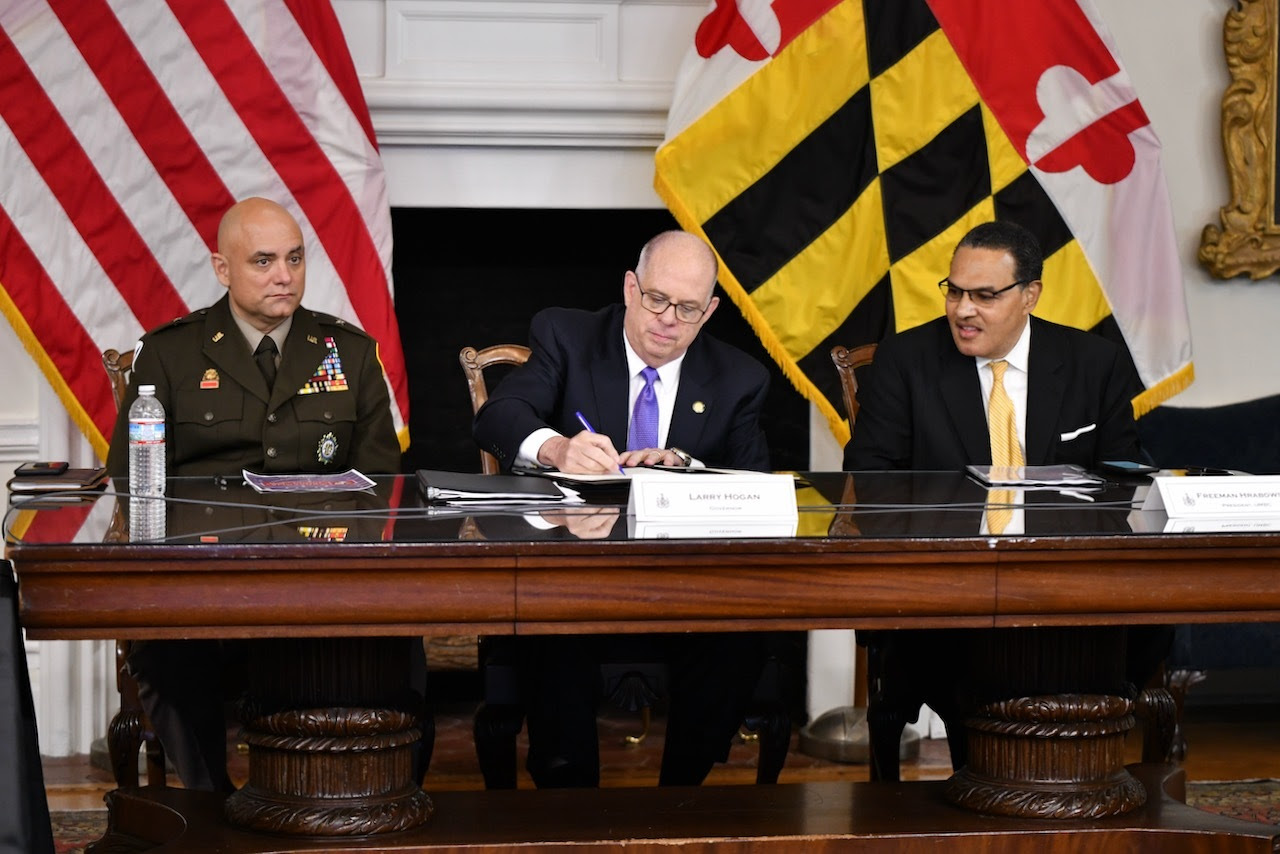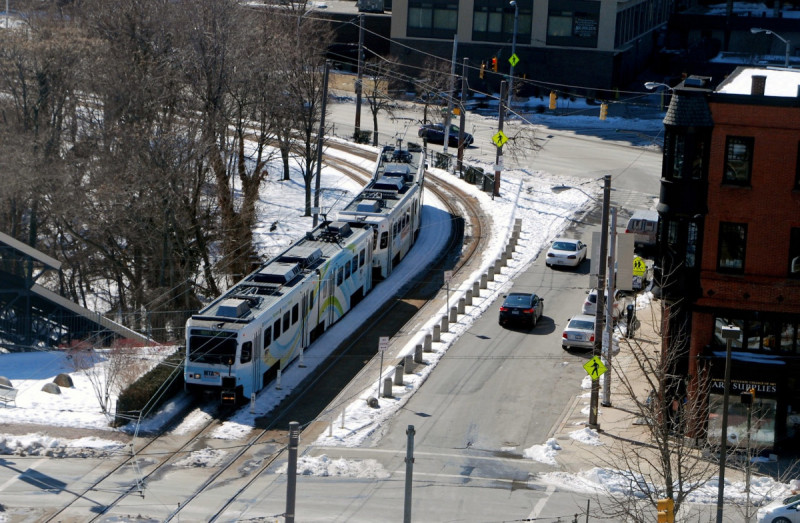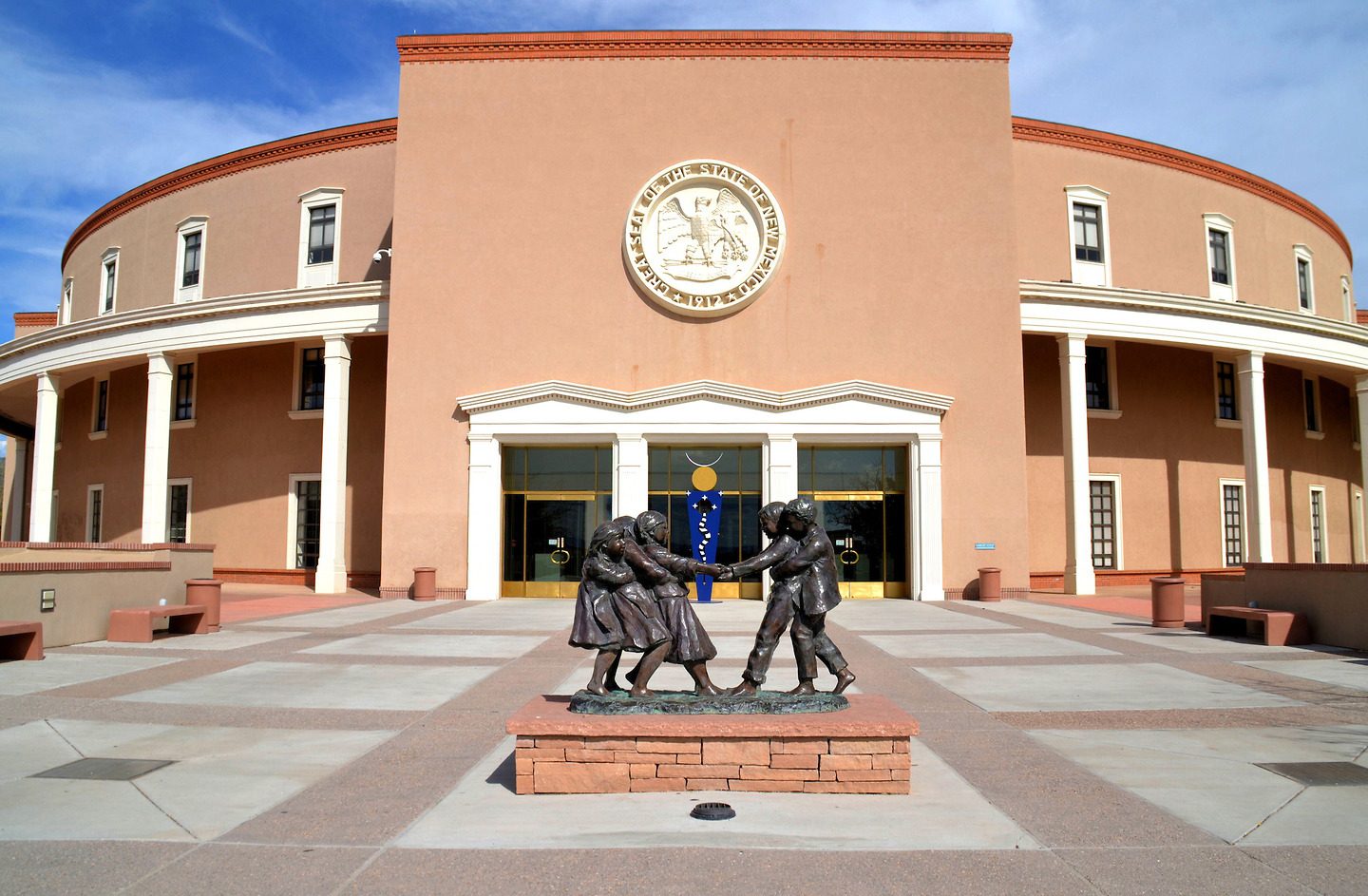Maryland governor signs 105 bipartisan bills into law

With the swift movements of Maryland Gov. Larry Hogan’s pen, 105 bipartisan bills will become law in the coming months.
Hogan signed bills pertaining to opioid overdose prevention across the state, in addition to sending more funding to local governments that is to be used to improve infrastructure.
“We are signing another 105 bipartisan bills into law, including measures that keep important promises we have made – from tackling the opioid epidemic to restoring hundreds of millions of dollars in critical funding for local infrastructure improvements,” Hogan said in a release.
House Speaker Adrienne A. Jones, D-Baltimore County, and Senate President Bill Ferguson, D-Baltimore County, attended the signing, according to the release.
Among the legislation the governor signed was Senate Bill 394, the Statewide Targeted Overdose Prevention Act. It’ll be known as the STOP Act. The new law will provide increased access to naloxone. The drug, when delivered, reverses opioid overdoses and saves lives.
According to the fiscal note attached to the bill, the state expenditure will increase by $196,000 in fiscal year 2023 to the Department of Health to hire additional staff. The expenditure increases to $232,000 in fiscal year 2024, $238,000 in fiscal year 2025, $244,900 in fiscal year 2026, and $251,500 in fiscal year 2027.
Cybersecurity legislation that will codify the state’s standing in the country as the cyber capital will be funded to help protect state residents from online attacks.
Senate Bill 754, pertaining to the coordination and operation of local cybersecurity, was also signed. The bill will establish the Cyber Preparedness Unit within the Maryland Department of Emergency Management and would establish the unit’s responsibilities.
The new law requires local governments to report cybersecurity incidents to the state. In fiscal year 2023, the state will expend $6.5 million to start the program, and the funding will increase to $7.8 million in 2024, $7.9 million in 2025, $8.1 million in 2026, and $8.3 million in 2027.
This article was originally posted on Maryland governor signs 105 bipartisan bills into law



